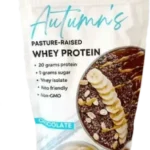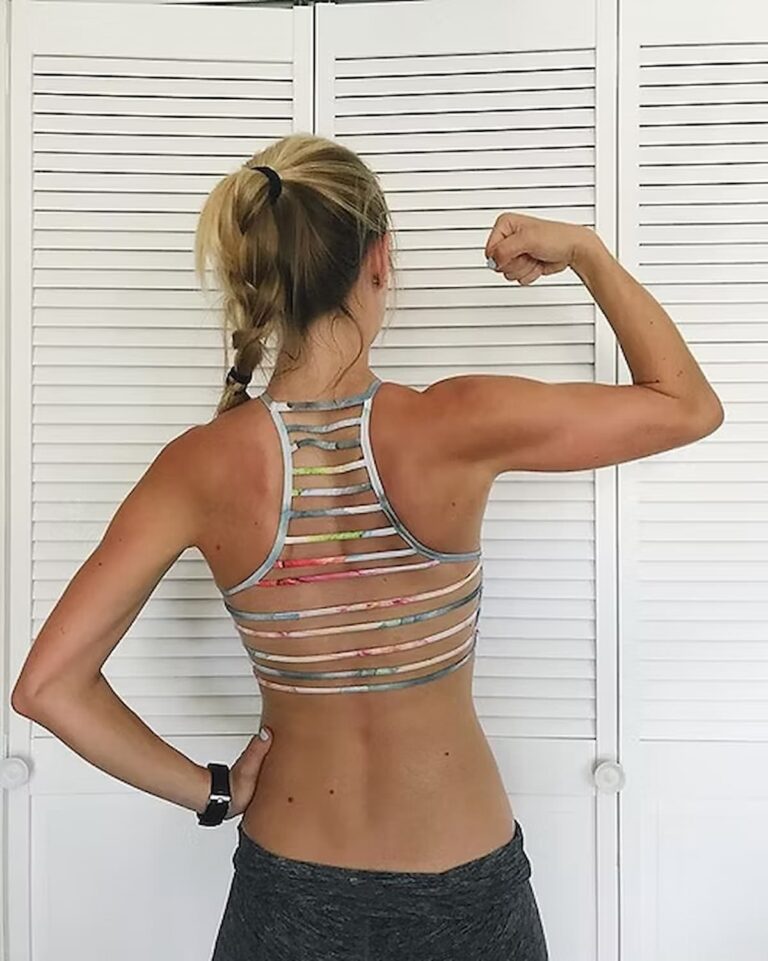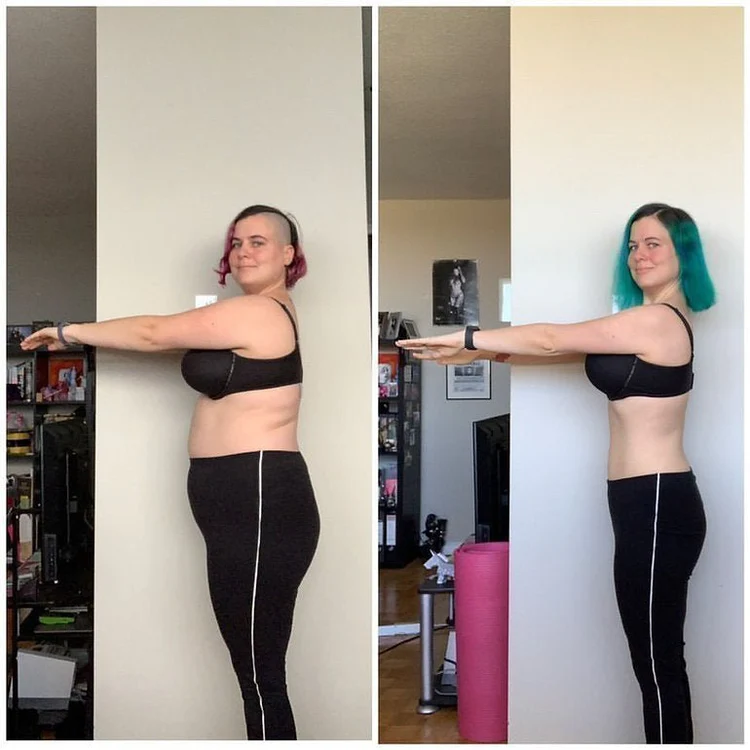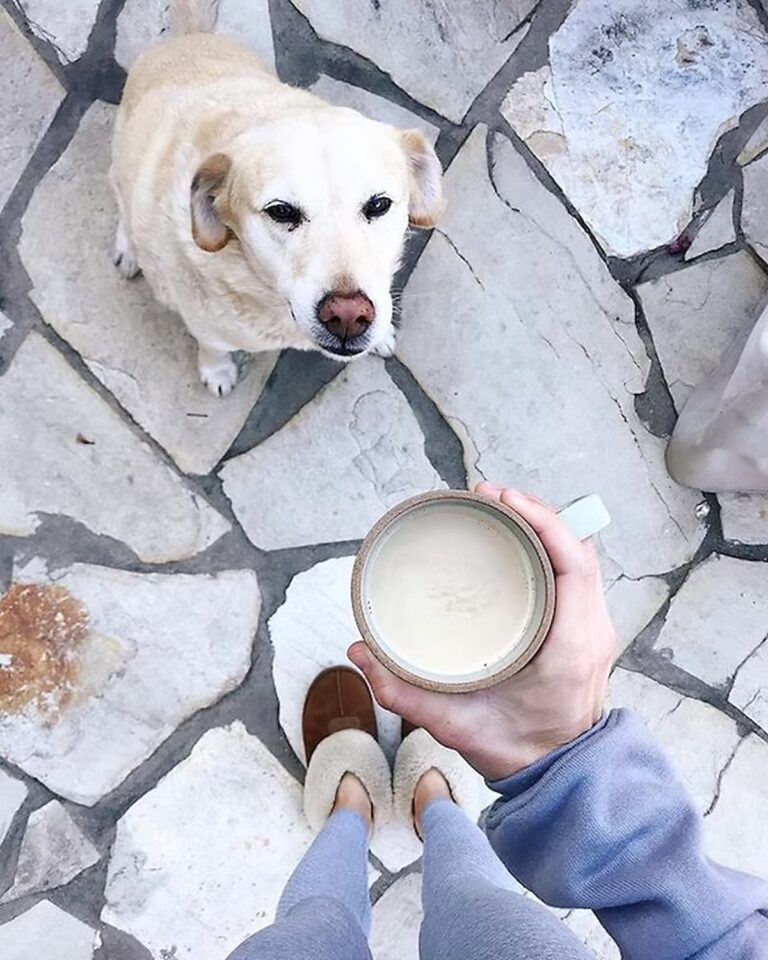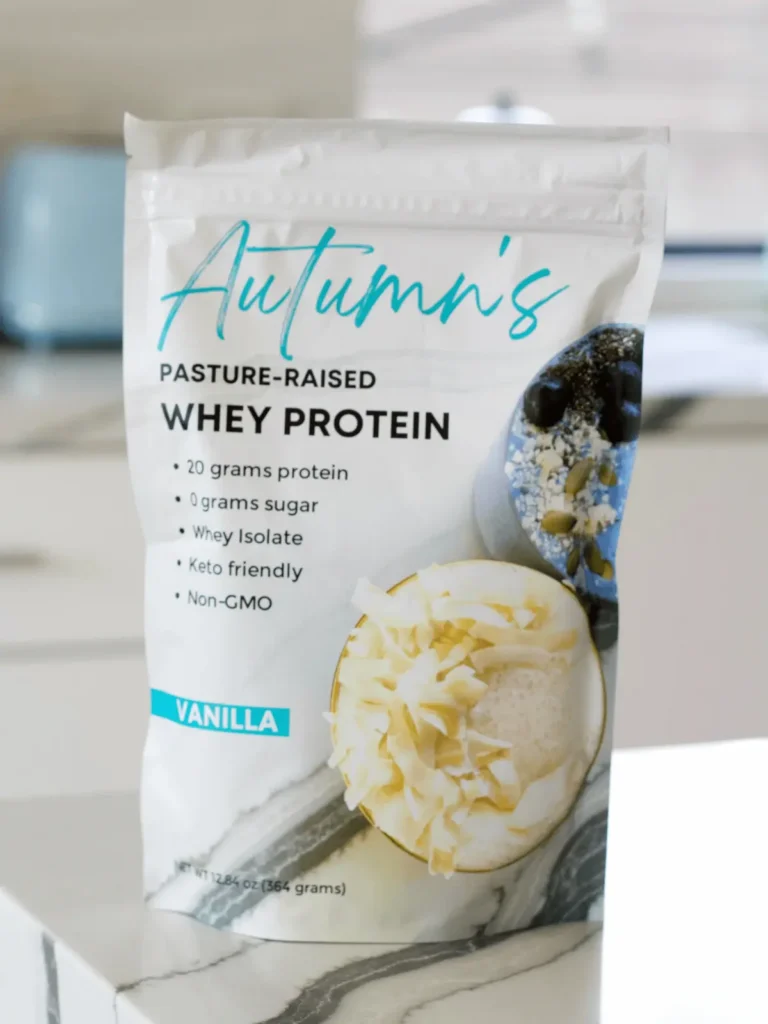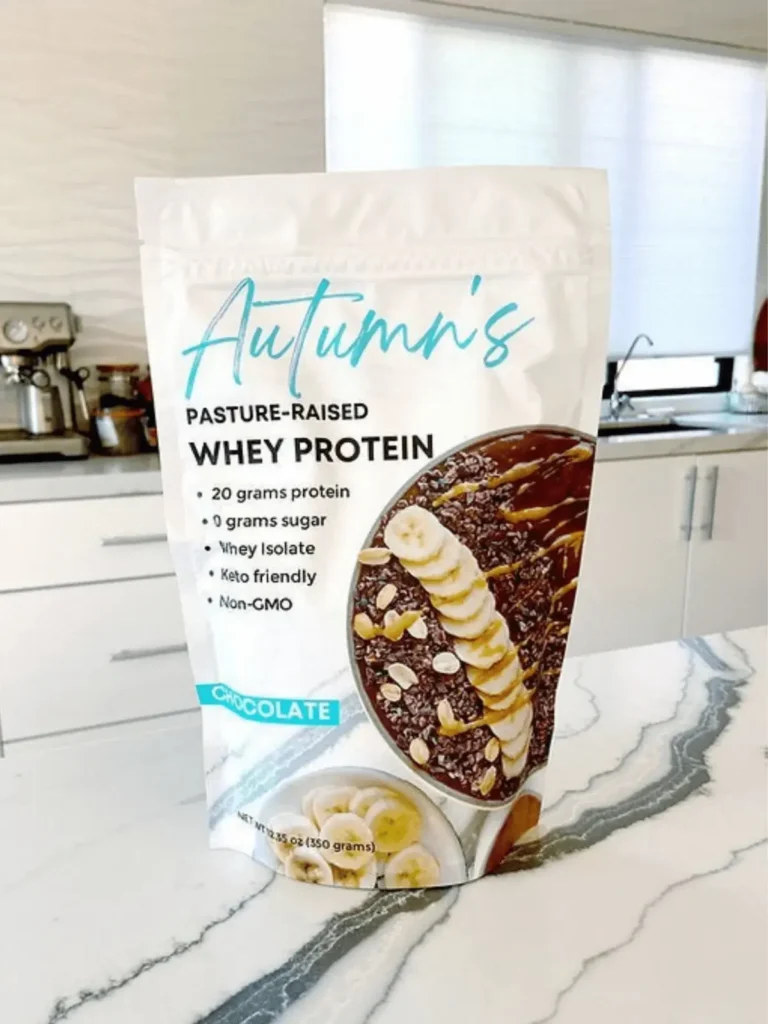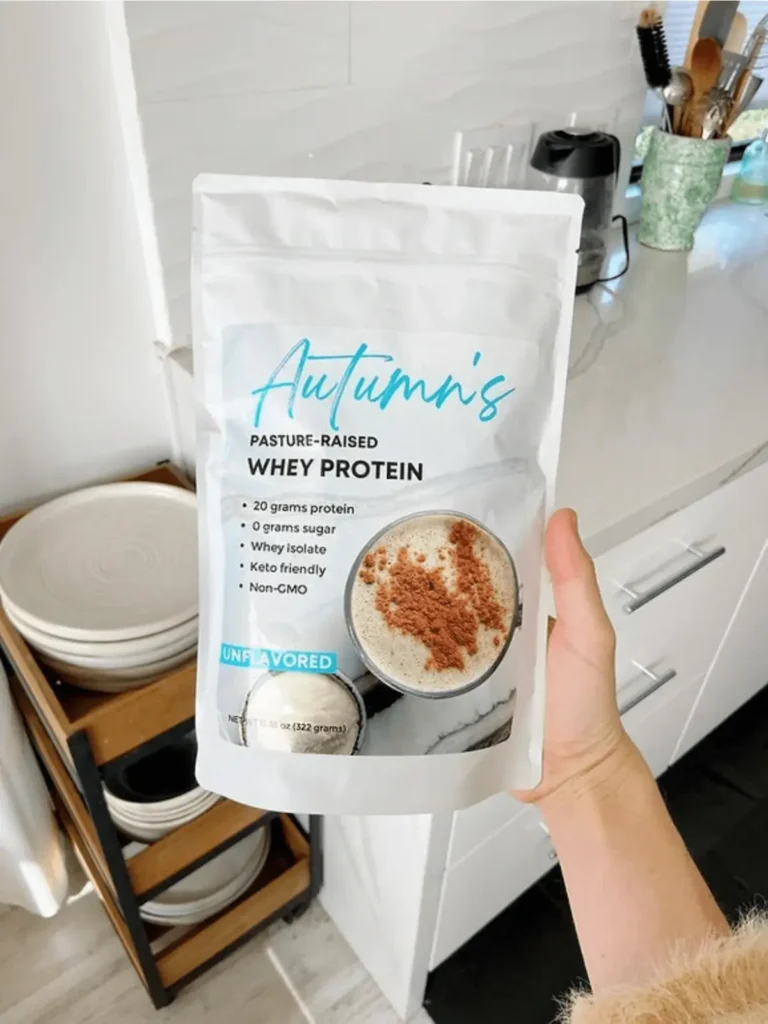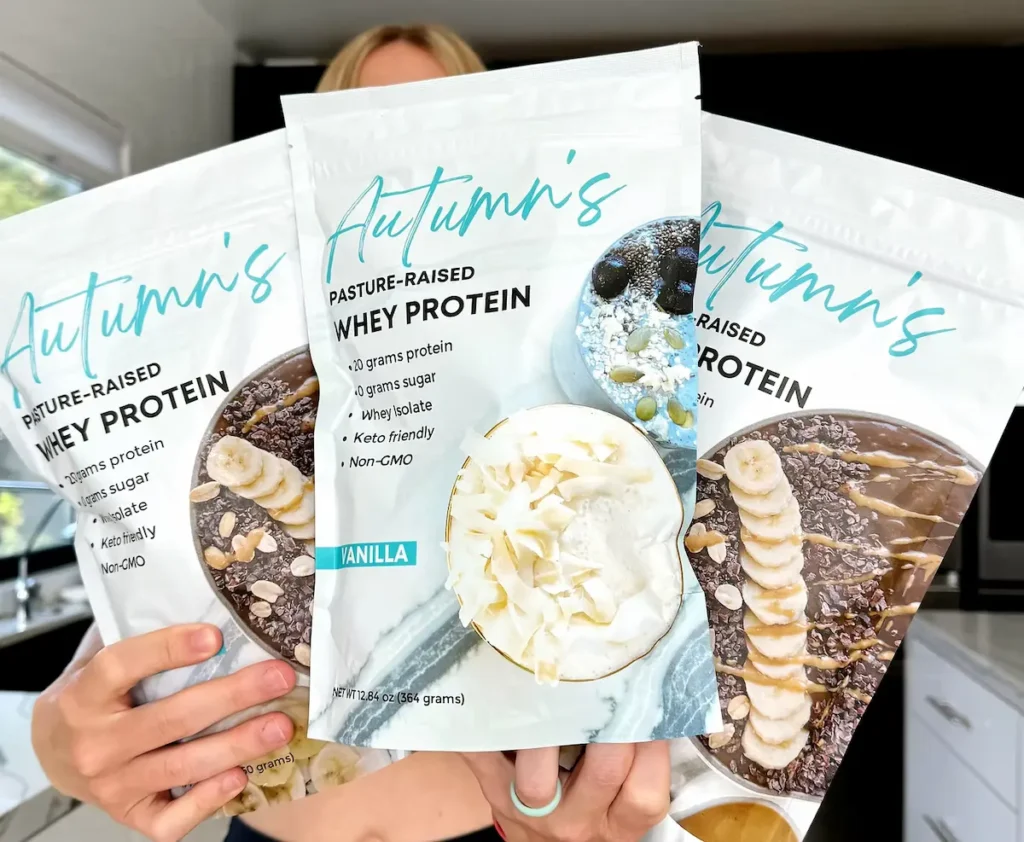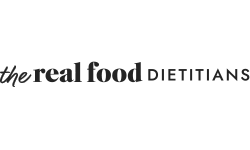If you eat too much sugar in the morning, it can destroy any of your weight loss and wellness progress. Here’s how.
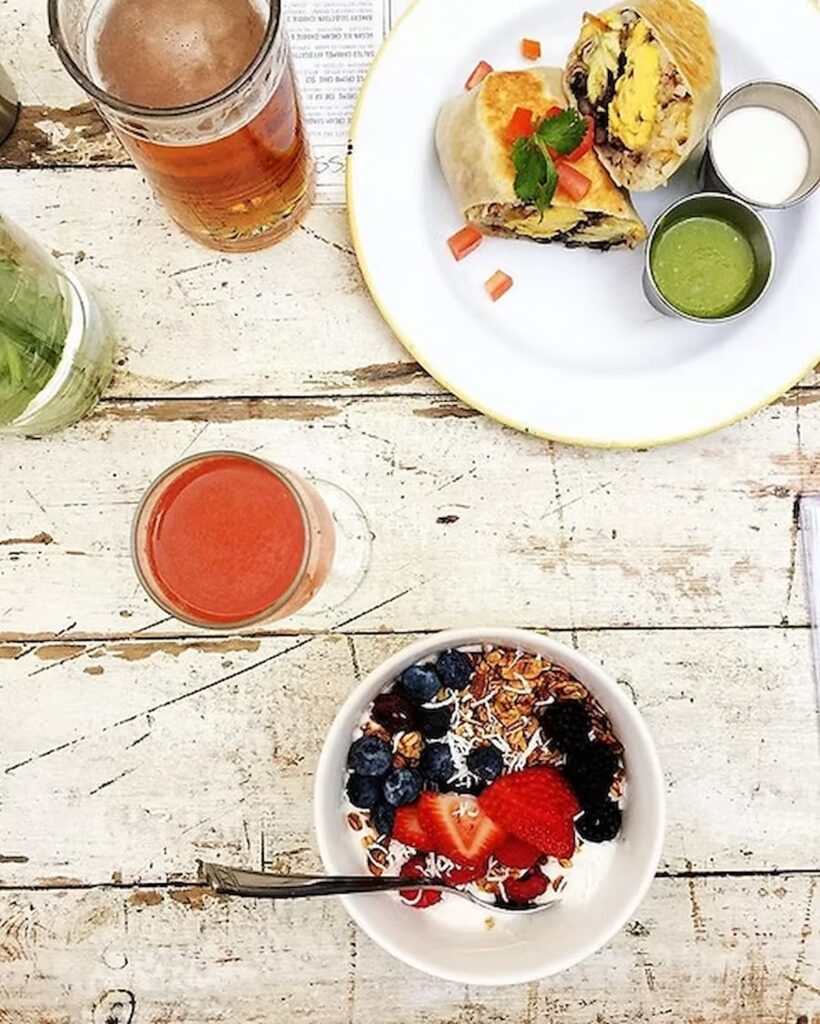
Sugar is extremely prevalent in most breakfast meals. Think about some typical breakfast items: oatmeal with berries and brown sugar, waffles or pancakes drizzled with maple syrup, sugary cereals, and coffees spiked with syrups and sugar (or sugar alternatives). This morning dose of sugar is causing not only an inability to lose those last few pounds, it’s also causing weight gain… even if you are reducing your calorie intake.
The first thing to understand about weight loss is that it has little to nothing to do with the amount of calories you take in versus the calories you burn. Yes, short term consuming less calories will cause you to lose weight. However, this is not the long term solution. Reducing your calorie intake causes your body to reduce it’s metabolism in the long run which causes a plateau in weight loss. The calories in vs. calories out theory of weight loss doesn’t really apply anymore and I’m seeing this with many of my clients who have been diligently counting calories or following programs that rely on calorie restriction.
Weight loss and weight gain is actually a very complex topic with multiple areas to consider, not just calories and exercise. The types of food you eat and when you eat them have a HUGE effect on how your body will metabolize it.
Today, I’m sharing the details of just one small part of weight loss and gain that often gets overlooked ~ today we’re talking about the not so sweet details of sugar in the morning.
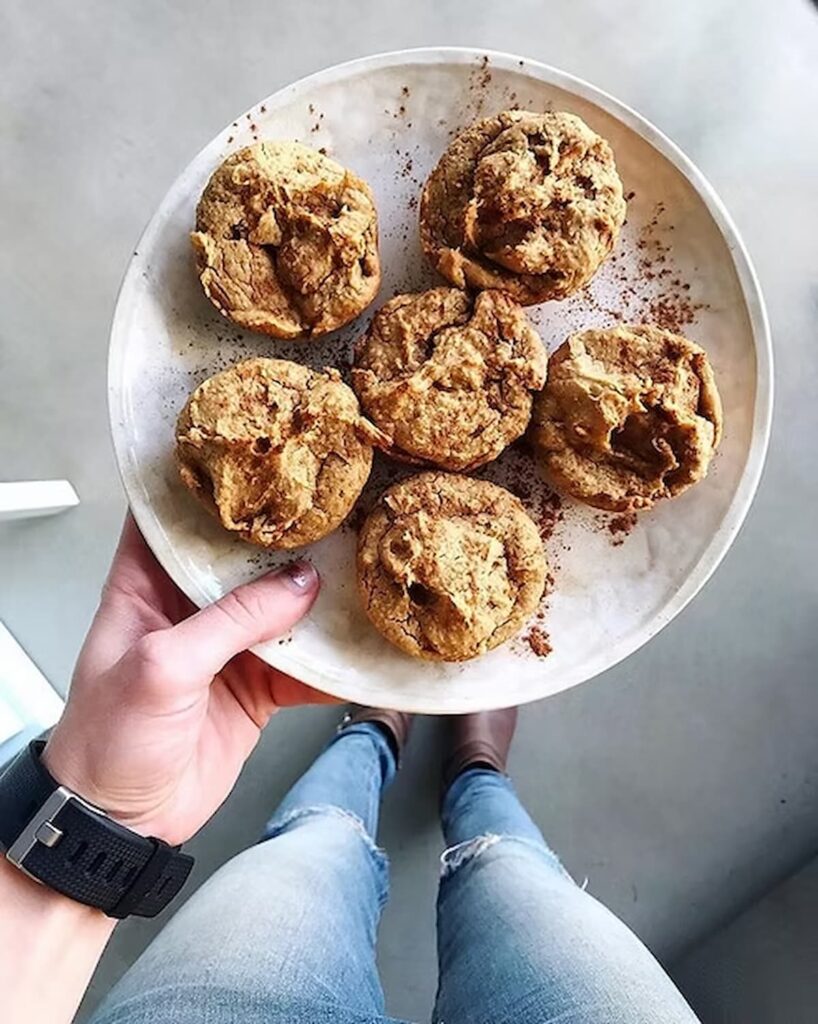
What happens when you eat sugar in the morning~
When you first wake up, your body is in a fasted state. That’s why your first meal is called breakfast… because you’re “breaking your fast”! There are two main areas that your body pulls it’s energy from: carbs and fat. During this fasted state, your body utilizes fat stores as energy. As soon as you take your first bite of food, it switches from the fasted state to using the carbohydrates in your food. The more complex those carbs are (meaning higher in fiber and starches) or the less carbs you are eating at breakfast, the more stable your blood glucose levels will be.
The simple carbs (such as syrups, sugar, jellies, and lower fiber fruits) cause your body to have a spike in blood glucose levels and then a sudden drop. This spike stimulates the hormone insulin to be released. Insulin is used to transition your body into “storage” mode. While you have insulin and high blood glucose levels, this shuts off fat burning metabolism because your body is using the glucose that is present for energy instead of stored fat. Starting your day off with these spikes in blood glucose levels and insulin will lead to further cravings for sugar throughout the day, which causes the cycle to repeat itself.
Is there an ideal time to have sugar?
Limiting your simple sugar intake as much as possible will help to contribute to healthy weight loss, decreased risk of various chronic disease, decreased stress and anxiety, and increased energy levels. But if you choose to have added sugar, the best time to have it is in the evening. Carbohydrates actually help to reduce cortisol (the stress hormone) in your body, and therefore assists in falling asleep at night (ever felt sleepy after a big bowl of pasta? That’s why). This occurs with carbohydrates in general.
Eating simple sugars at night limits the blood glucose level spikes to the time just before you go to bed so that you don’t experience the urge to snack all day long. Having a lot of simple sugars before bed can cause you to have temporarily increased energy and make it difficult to fall asleep(think “sugar high”), so I recommend limiting your simple sugar intake to small portions.
Which sugars are the healthiest?
The more you limit simple added sugars the better. The best way to get your sugar fix is through whole foods such as fruit so that you still get beneficial antioxidants and fiber. If you use sugar to bake, I recommend honey and maple syrup as those are more nutritious products compared to granulated sugars. In fact, using local, raw honey can even help with seasonal allergies!
NOTE: I get a lot of questions about agave. Agave is a highly processed sweetener that goes through a similar processing as high fructose corn syrup. Agave should be avoided in the same way that you should avoid high fructose corn syrup! Use honey, maple syrup, or dates instead!
Kickstart Your Journey
Shop Autumn’s Whey Protein Powder
Our delish bestselling zero added sugar, gluten & heavy metal tested whey protein powder!
